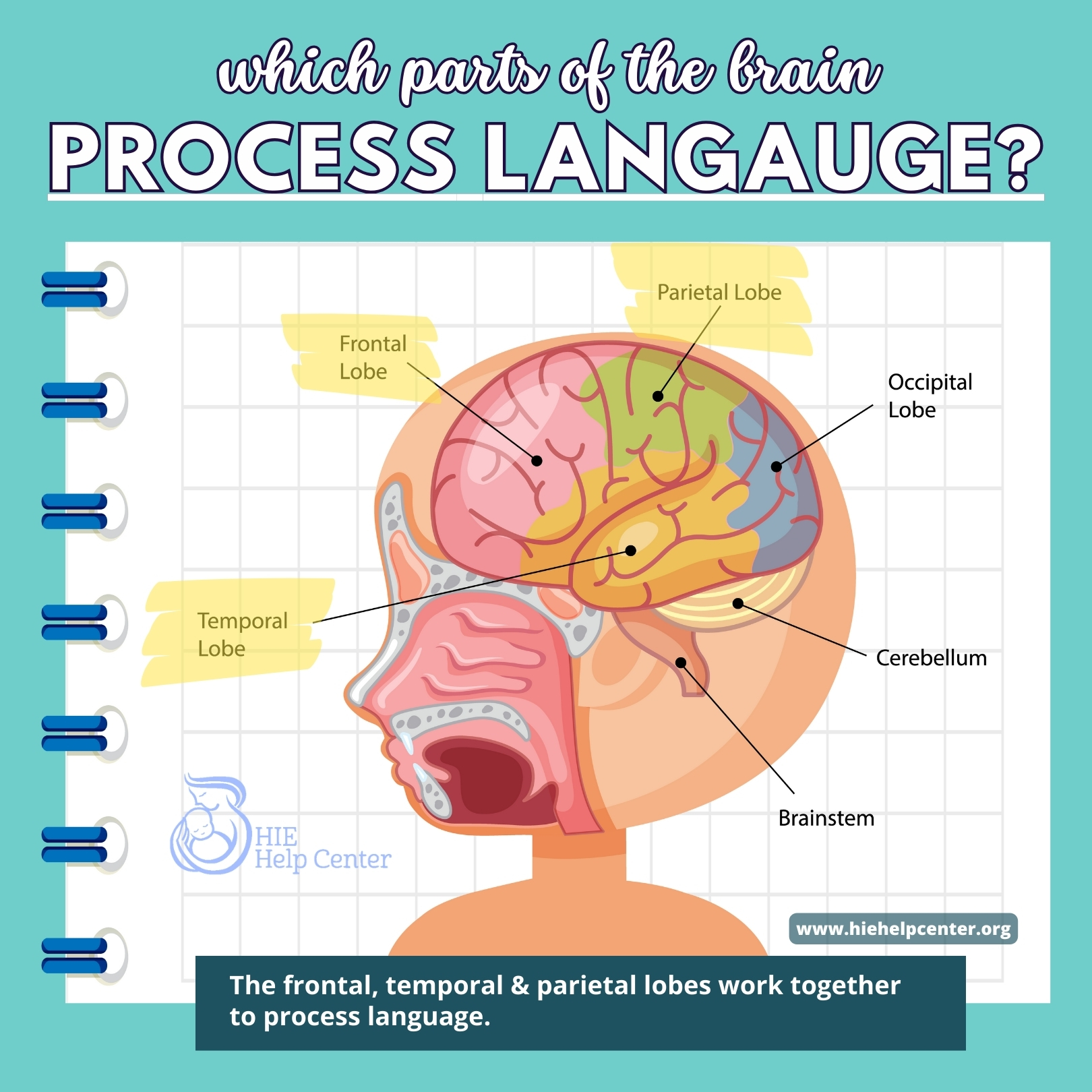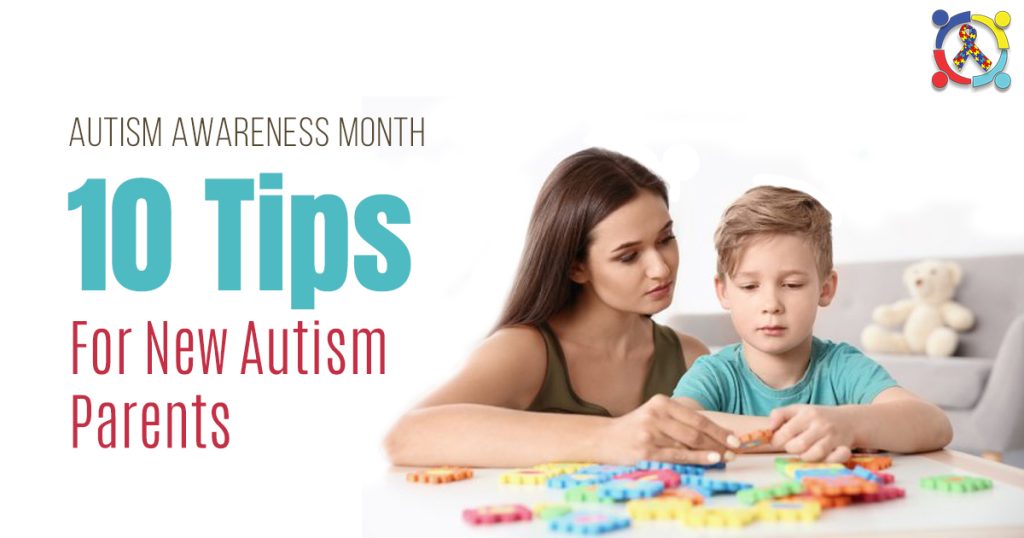Are you worried about your child’s speech development? You’re not alone.
Many parents find themselves asking, “Can hearing problems cause speech delay? ” The connection between hearing and speech is more significant than you might think. When your child struggles to hear, it can impact their ability to learn language and communicate effectively.
This can lead to delays in speech, causing frustration for both you and your child. Understanding the link between hearing issues and speech delays is crucial for ensuring your child gets the support they need to thrive. Keep reading to discover how hearing affects speech and what steps you can take to help your child overcome these challenges. Your child’s communication skills are important, and understanding this connection might be the key to unlocking their full potential.
Link Between Hearing And Speech
Understanding the link between hearing and speech is crucial for child development. Hearing plays a vital role in how children learn to speak. Children listen to sounds and words, learning to mimic and form speech. Problems with hearing can affect this process, leading to delays in speech development. Parents often worry when their child’s speech does not progress as expected. Exploring the connection between hearing and speech helps identify causes and solutions.
Role Of Hearing In Speech Development
Hearing allows children to pick up sounds and words from their environment. They learn to associate sounds with meanings. This process begins at birth and continues through early childhood. Listening helps children understand language structure and vocabulary. Proper hearing ensures accurate sound perception. This perception is key to forming correct speech patterns. Without clear hearing, speech development can suffer.
Impact Of Hearing Impairment On Speech
Hearing impairment can lead to speech delays in children. When children cannot hear sounds clearly, they struggle to mimic them. This affects their ability to form words and sentences. Hearing problems can cause unclear speech and difficulty understanding others. Children may speak less or avoid speaking altogether. Early intervention is crucial to address these issues. Hearing tests and therapy can support speech development.

Credit: therapyandwellnessconnection.com
Types Of Hearing Problems
Understanding the types of hearing problems is crucial when exploring their impact on speech development. Hearing issues can vary significantly in nature and severity. This diversity often leads to different challenges in how individuals perceive and process sound, which can directly affect speech development. Knowing the types of hearing problems can help you better understand potential barriers to clear communication.
Conductive Hearing Loss
Conductive hearing loss occurs when sound waves cannot efficiently travel through the outer or middle ear. It’s often caused by blockages or damage, such as ear infections, fluid build-up, or earwax. Imagine a child trying to speak while hearing everything through a wall. This can lead to delayed speech development, as clear sound perception is essential for learning to articulate words properly.
Sensorineural Hearing Loss
Sensorineural hearing loss is linked to issues in the inner ear or the auditory nerve. It typically involves permanent damage to the hair cells in the cochlea. Children with this type of hearing loss may struggle with speech delay because sounds are distorted or faint. Personal experience shows that early diagnosis and intervention can be vital, as hearing aids or cochlear implants might improve sound processing and speech development.
Mixed Hearing Loss
Mixed hearing loss combines elements of both conductive and sensorineural hearing loss. This dual problem means sound is both blocked and distorted. Consider the challenge of trying to learn a new language while having unclear auditory input. Effective treatment plans often require addressing both issues simultaneously. Prompt action can significantly enhance a child’s ability to develop speech skills, helping them better integrate into social settings.
Have you ever wondered how these hearing challenges might affect a child’s confidence and interactions? Recognizing and addressing hearing problems early can prevent further speech delays and open doors to effective communication. If you’re concerned about a child’s hearing and speech development, what steps will you take today to seek help and support?
Signs Of Hearing-related Speech Delay
Hearing issues can lead to speech delays in children. Difficulty hearing sounds affects how they learn to talk. Signs include limited vocabulary and unclear speech. Early detection is crucial for effective treatment.
Understanding the signs of hearing-related speech delay is crucial for every parent. If your child struggles with speech development, it might be linked to hearing difficulties. Recognizing the symptoms early can lead to timely intervention, making a world of difference in your child’s communication skills. As you read, consider if any of these signs resonate with your experience or observations.
Early Warning Signs
In the early stages, you might notice subtle changes. Your child might not react to sounds or voices, especially if not facing you. They may seem unresponsive or overly focused on visual cues. This can be particularly evident when calling their name or giving simple instructions. Another sign is difficulty imitating sounds or words. Children typically start mimicking sounds as they grow, but hearing issues can hinder this process. You might find your child lagging behind peers in babbling or forming basic words.
Common Symptoms In Children
Children with hearing-related speech delay often exhibit clear symptoms. Limited vocabulary is a common one. If your child struggles to learn new words or use them correctly, hearing problems could be the root cause. Speech clarity is another indicator. You may notice that your child’s speech is hard to understand. This can be frustrating for them and for you. They might also rely heavily on gestures to communicate, compensating for what they cannot express verbally. Have you ever wondered why your child might be less social compared to others? Hearing difficulties can impact social interaction, making it hard to engage with peers. This can lead to isolation or frustration, affecting their emotional well-being. Identifying these signs can be a game-changer. Imagine the relief of knowing the cause of your child’s speech delay and finding effective ways to address it. What steps can you take today to ensure your child’s communication development is on track?
Diagnosis Of Hearing Problems
Diagnosing hearing problems early is crucial. It can significantly impact your child’s speech development. Imagine the relief of understanding the root cause of a speech delay! Knowing the details can empower you to seek the right interventions.
Hearing tests are the first step in diagnosing any issues. These tests are simple and non-invasive. Specialists use techniques like audiometry and tympanometry to assess your child’s hearing ability.
It’s fascinating how even a small hearing loss can affect speech. Consider a child who doesn’t respond to a favorite song. This might suggest an issue worth exploring further. Early testing can lead to effective solutions.
Speech development is closely linked to hearing. If your child struggles with speech clarity or vocabulary, it might be time to assess their hearing. Specialists compare your child’s speech milestones with standard benchmarks.
Have you noticed your child avoiding conversations? This could indicate a hearing issue. Understanding these patterns can guide you in seeking professional advice.
How can you be sure about the link between hearing and speech? Keep an eye on how your child interacts with sounds and speech. Your observations can be valuable in diagnostic discussions.
Ultimately, diagnosing hearing problems early can transform speech development. You have the power to change your child’s communication journey. Wouldn’t it be amazing to watch them thrive in social interactions?
Treatment Options
When hearing problems lead to speech delays, addressing these challenges becomes crucial. Treatment options can vary based on the severity and type of hearing loss, but generally include technological aids and therapeutic interventions. Let’s delve into some practical solutions that can make a real difference in your child’s life.
Hearing Aids And Cochlear Implants
Hearing aids are often the first line of defense against hearing loss. They amplify sounds, helping your child catch those subtle nuances in speech. Imagine your child suddenly grasping the words in a classroom or during a story time. It’s a transformative experience.
Cochlear implants go a step further. They bypass damaged parts of the ear, sending signals directly to the brain. It’s like opening a new world of sound. A friend once shared how her son started picking up new words and phrases just weeks after getting cochlear implants. It was a moment of joy and relief.
Speech Therapy
Speech therapy plays a pivotal role in overcoming speech delays. It focuses on enhancing communication skills, pronunciation, and understanding language. Therapists work closely with children, using games and exercises to make learning fun.
Consider the story of a mother whose daughter struggled with speech clarity. After consistent speech therapy sessions, she noticed her daughter not only speaking more clearly but also participating more confidently in conversations. It’s proof that the right guidance can lead to remarkable progress.
Have you considered how these treatments could change your child’s journey? The right combination of technology and therapy can pave the way for significant improvements. Each child’s path is unique, but with the right support, they can reach their full potential.

Credit: www.texasent.com
Preventive Measures
Hearing issues might lead to speech delays in children. Early detection and treatment are crucial for effective communication skills. Regular hearing checks can help prevent speech delays by addressing hearing problems promptly.
Preventive measures can play a crucial role in ensuring your child develops speech and communication skills effectively. Hearing problems are often linked with speech delays, and taking proactive steps can make a difference. By staying vigilant, you can support your child’s growth and development.
Regular Hearing Screenings
Scheduling regular hearing screenings for your child is essential. Early detection of hearing issues can prevent speech delays. Many parents have shared stories of how early screenings helped identify problems that were resolved quickly. Have you ever considered how often you should check your child’s hearing? Some experts recommend screenings at birth, six months, and annually thereafter. Catching any issues early can lead to timely interventions.
Parental Guidance And Support
Your role as a parent is vital in nurturing your child’s speech development. Engage in conversations with your child, even if they are not yet speaking clearly. Your encouragement can boost their confidence and motivation to communicate. Consider simple activities like reading aloud or singing songs. These interactions can foster an environment where your child feels comfortable experimenting with sounds and words. How can you integrate these activities into your daily routine? Support from parents, combined with regular hearing checks, can create a foundation for healthy speech development. These preventive measures can empower you to actively participate in your child’s growth journey.
Case Studies And Research
Understanding the connection between hearing problems and speech delay is crucial. Research and case studies provide valuable insights into how early intervention can make a difference. By examining recent studies and real-life success stories, you can gain a deeper understanding of the impact of hearing issues on speech development.
Recent Studies On Hearing And Speech
Recent studies have shown a strong link between hearing problems and speech delays in children. The National Institute on Deafness and Other Communication Disorders conducted research highlighting that even mild hearing loss can affect a child’s ability to develop speech skills.
Another study from Harvard University revealed that children with early-diagnosed hearing issues showed improved speech development when intervention was implemented promptly. These findings emphasize the importance of regular hearing tests for children.
Are you aware of how your child’s hearing impacts their speech? Regular hearing assessments can help detect issues early, paving the way for effective intervention. Studies suggest that early intervention not only aids in speech development but also enhances social skills and academic performance.
Success Stories In Early Intervention
Consider Lily’s story. Diagnosed with hearing loss at age two, her parents promptly sought treatment. With the help of hearing aids and speech therapy, Lily’s speech skills improved significantly. By kindergarten, she was communicating effectively with her peers.
Another inspiring example is Jake, whose parents noticed delayed speech patterns at a young age. Early intervention through customized auditory training programs helped him catch up with his peers within a year. His parents credit regular monitoring and therapy sessions for his success.
These stories highlight the transformative power of early intervention. Have you considered checking your child’s hearing if they show signs of speech delay? Early action can change the trajectory of their communication abilities.
What steps can you take to ensure your child’s hearing health? Regular check-ups, being alert to signs of hearing loss, and seeking professional advice are practical measures. These can lead to early detection and intervention, making a significant difference in your child’s life.

Credit: hiehelpcenter.org
Frequently Asked Questions
Can Hearing Problems Affect Speech?
Hearing problems can impact speech development and clarity. Difficulty hearing sounds affects pronunciation and communication skills. Early intervention helps improve speech outcomes for those with hearing issues. Addressing hearing loss is crucial for effective speech and language development.
How To Know If Hearing Is Causing Speech Delay?
Monitor if your child struggles to respond to sounds or follow verbal instructions. Frequent ear infections or not turning towards sound may also indicate hearing issues. Consult an audiologist for a professional hearing assessment to confirm if hearing is affecting speech development.
What Is The Most Common Cause Of Speech Delay?
Hearing loss is the most common cause of speech delay in children. Early detection is crucial for effective treatment. Other factors include developmental disorders, lack of stimulation, and neurological issues. Consulting a specialist can help determine the underlying cause and appropriate intervention.
Can Ear Problems Cause Speech Delay?
Yes, ear problems can lead to speech delay in children. Hearing issues affect language development and communication skills. Early diagnosis and treatment are crucial for improving speech and language outcomes. Consult a healthcare professional if you suspect ear-related issues impacting speech development.
Conclusion
Hearing problems can indeed cause speech delays in children. Early detection is crucial for effective treatment. Regular check-ups help identify hearing issues promptly. Parents should observe their child’s speech development closely. Consult a specialist if delays are suspected. Intervention can significantly improve a child’s communication skills.
Support from professionals and family plays a vital role. Patience and encouragement are essential for progress. Every child develops at their own pace. Understanding and addressing hearing problems help ensure better outcomes. Prioritize your child’s hearing health for a brighter future.

